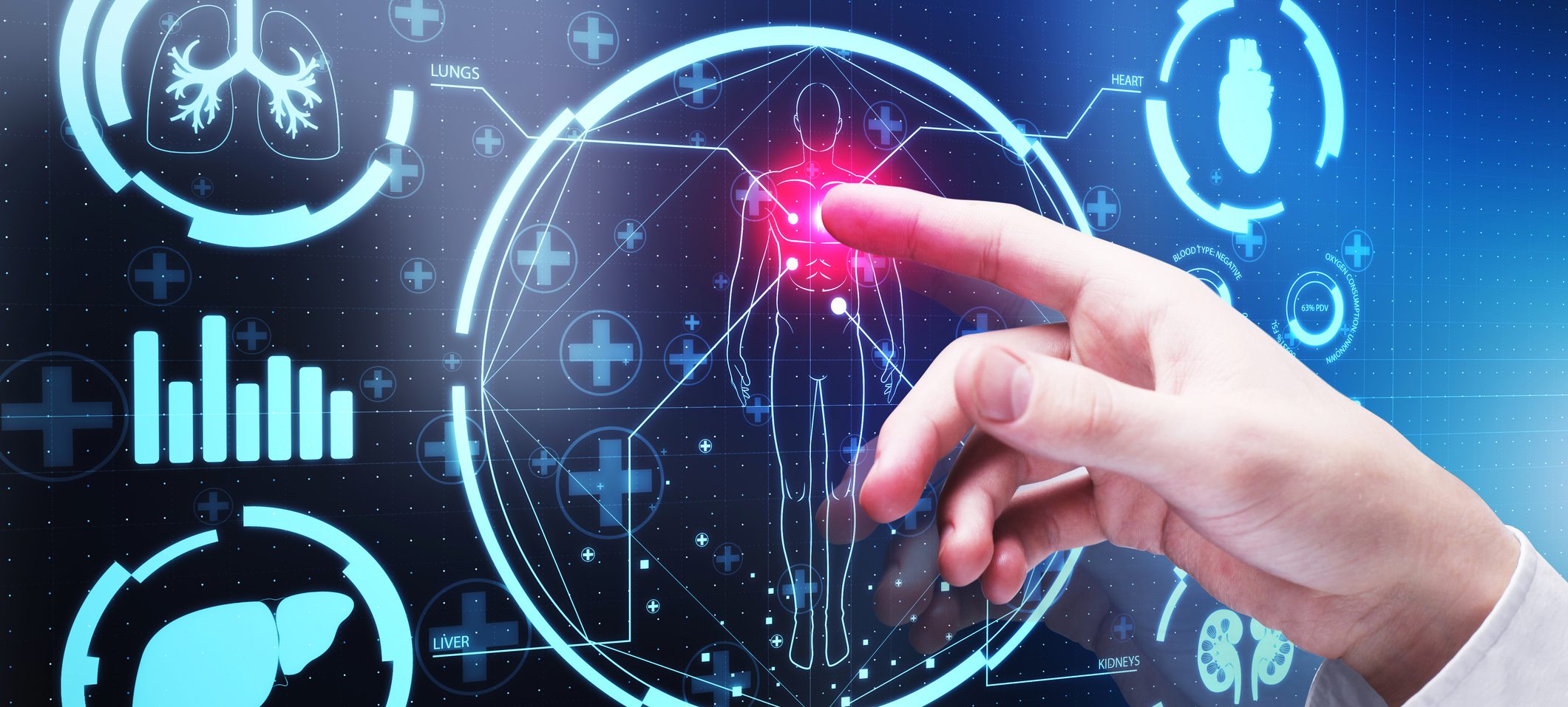With the public availability of ChatGPT 3.5 in fall 2022 at the latest, artificial intelligence in the sense of large language models (LLMs) is on everyone’s lips. However, it is often forgotten that this is only the provisional end point of decades of development of artificial intelligence, which, despite its great potential, still has many limitations. The question for practising doctors is how this technology can be used sensibly in everyday clinical practice – and how it should not be used.
Autoren
- Dr. med. Lukas Dürst
- Dr. med. Marc Oertle
Publikation
- InFo ONKOLOGIE & HÄMATOLOGIE
Related Topics
You May Also Like
- Pulmonary hypertension
PH and lung diseases
- Contact eczema
Causes and prevention at work
- Respiratory infections: viral bronchitis or bacterial pneumonia?
Old crucial question in the light of current findings
- What biomarkers reveal about "biological youth" - and what not (yet)
Epigenetic ageing
- Amyotrophic lateral sclerosis and nutrition
Calorie optimization in ALS through digital intervention
- "Forgotten axis" between plant substances, gut and systemic health
Microbiome and phytotherapy
- HIV: updated EACS guideline
Individualized approach to sustainable prevention and care
- Evidence-based diagnostics and treatment in the medical setting











